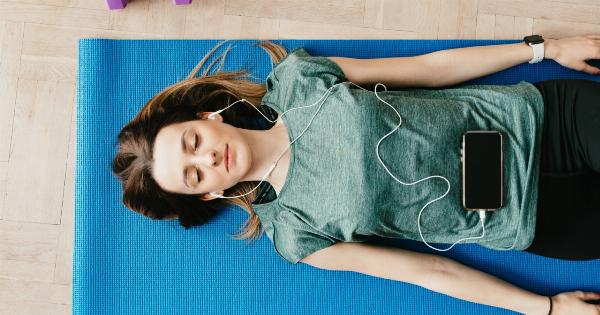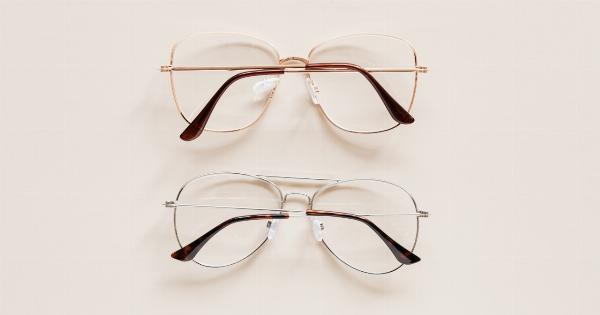Have you ever noticed how your vision changes when you squint? The act of squinting involves narrowing the eyes, and it often happens as a natural response to bright light or when trying to focus on something specific.
But have you ever wondered what exactly happens to our eyes when we squint? In this article, we will explore the fascinating processes that occur within our eyes when we engage in this common behavior.
The Anatomy of the Eye
Before we delve into what happens when we squint, it’s important to understand the basic anatomy of the eye. The eye is a complex sensory organ that allows us to see the world around us.
It consists of various structures, including the cornea, iris, lens, and retina, all working together to enable vision.
The Purpose of Squinting
Squinting serves as a protective mechanism for our eyes. When we encounter bright light or glare, our natural response is to narrow our eyes by partially closing our eyelids.
This action helps to reduce the amount of light entering our eyes, preventing potential harm and allowing us to see more clearly in bright conditions.
Changes in the Focusing Power
When we squint, our eyes undergo several changes to optimize our visual acuity. One of the main effects of squinting is an increase in the eye’s focusing power.
By narrowing the opening through which light enters the eye, the rays of light become more focused on the retina. This focal point adjustment enhances our ability to see clearly and brings objects into sharper focus.
Adjustments in the Eye Shape
Squinting also leads to subtle alterations in the shape of our eyes. When we squint, the muscles surrounding the eyes exert pressure on the eyeball, causing it to slightly change its shape.
This change, known as corneal astigmatism, can temporarily improve vision. The cornea, which is responsible for refracting light entering the eye, becomes more symmetrically curved, resulting in sharper vision and reduced blurriness.
Reduction of Peripheral Light
Another effect of squinting is the reduction of peripheral light. When we narrow our eyes, we decrease the amount of light reaching the peripheral areas of the retina.
This concentration of light toward the central part of the retina improves our visual acuity, allowing us to focus more precisely on objects.
The Role of the Iris
The iris, the colored part of the eye, also plays a crucial role when we squint. By partially covering the pupil, the iris functions as a natural aperture, regulating the amount of light entering the eye.
When we squint, the iris contracts, further narrowing the pupil and limiting the brightness of incoming light. This mechanism helps to protect the sensitive cells of the retina from excessive light exposure.
Enhanced Contrast and Detail
When we squint, our eyes are better able to discern subtle details and differences in contrast. By reducing the amount of scattered light entering the eye, squinting minimizes the overlap of light rays, enhancing the clarity and definition of objects.
This can be particularly helpful when trying to read small text or distinguish fine details.
The Strain on Eye Muscles
Despite the temporary benefits of squinting, it’s important to note that prolonged squinting can lead to eye strain and fatigue.
The muscles responsible for controlling eye movement and eyelid position can become overworked if forced to maintain a squinted position for extended periods. To avoid discomfort and potential vision problems, it’s best to give our eyes regular breaks from squinting.
The Importance of Proper Eyewear
If you find yourself frequently squinting, it may be a sign that you need corrective eyewear. Squinting can be a subconscious way of compensating for poor vision, especially when trying to see distant objects or read small text.
Consulting with an eye care professional and obtaining the appropriate prescription glasses or contact lenses can alleviate the strain on your eyes and provide clearer vision without the need to squint.
The Fascinating Adaptability of Our Eyes
The ability of our eyes to adapt and make adjustments, such as squinting, is a testament to their remarkable flexibility.
From protecting against excessive light to improving visual acuity, squinting demonstrates the extraordinary capacity of our eyes to respond and optimize our vision in different circumstances.





























